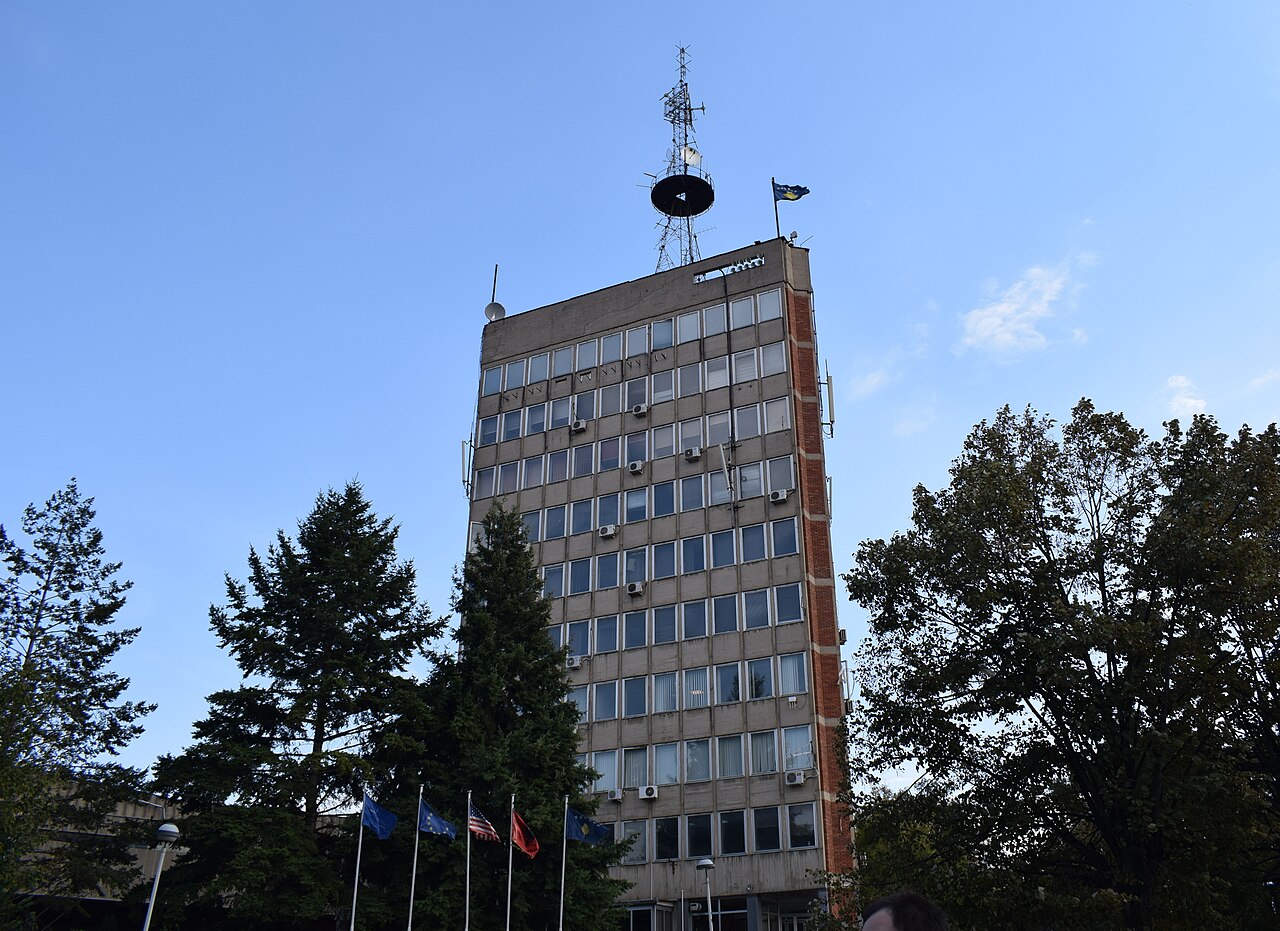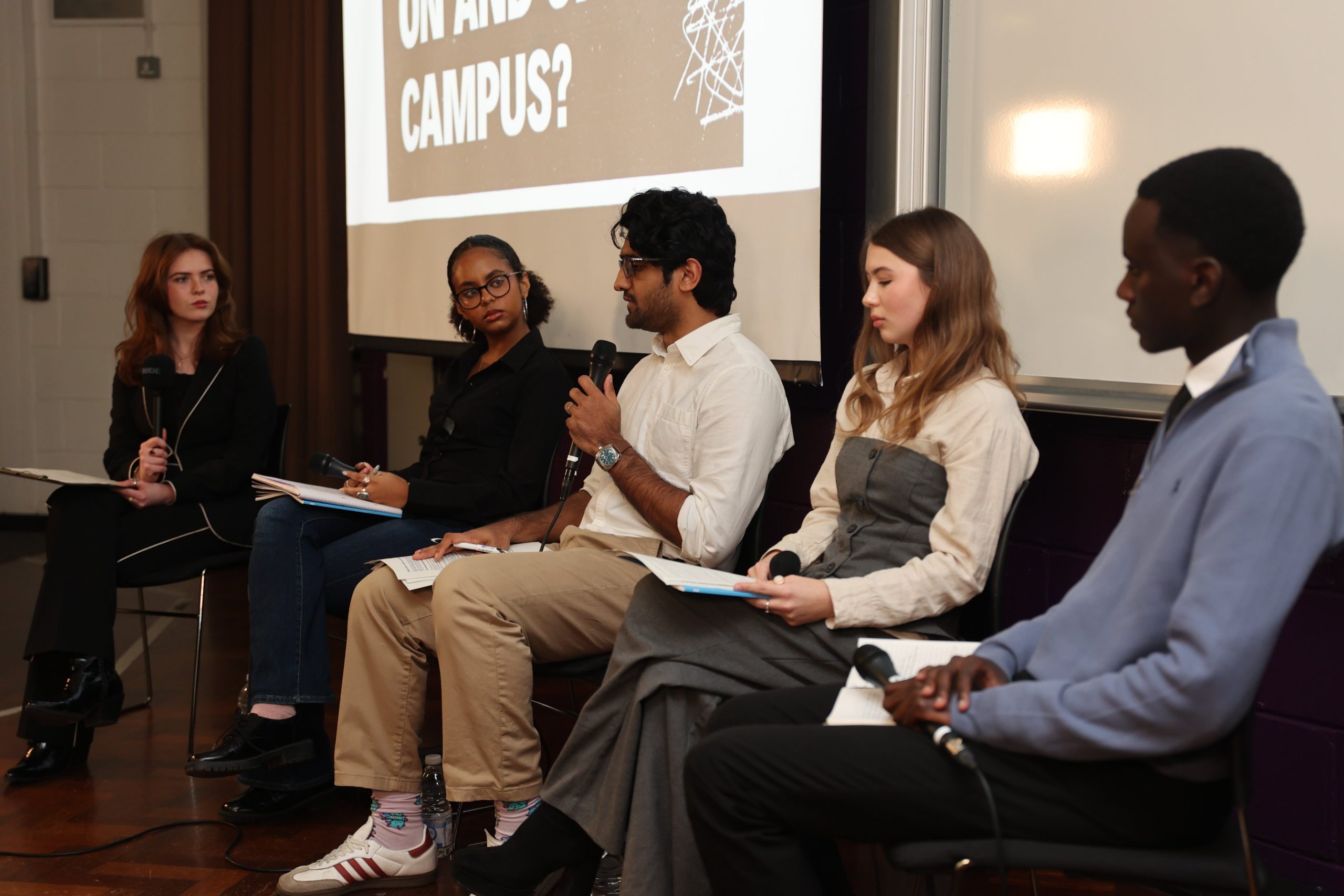
Rachel Ehernfeld’s case highlighted the problem of “libel tourism” in English courts. Emily Badger got her reaction to the government’s proposed reforms
The arrival of England’s draft defamation bill was cheered in the US, where the long reach of “libel tourism” had prompted domestic bills shielding Americans from judgments that chill free speech from abroad. President Obama just last August signed the SPEECH Act into law. It wasn’t aimed explicitly at the UK; rather, it protects Americans from the enforcement of all libel judgments ruled against them in countries that don’t afford the same free speech protection as the US First Amendment.
“But it was not a secret that the legislation was triggered by my fight against the imposition of English libel laws,” said Rachel Ehrenfeld, an American academic whose run-in with a wealthy Saudi businessman in British court became the galvanizing case for libel tourism in the US.
“I thought that since the United States had fought and won its independence from England in 1776,” Ehrenfeld said, “there was no reason for Americans to abide by repressive English law.”
The SPEECH Act, which followed several years of advocacy by Ehrenfeld, has had the practical effect of protecting Americans from British libel law. But Ehrenfeld wanted the legislation to have a secondary impact as well, shaming the British system into change, a reality she said she was happy to see moving forward, following publication of the bill on Tuesday.
“My hope was that not only would it help to defend American writers and publishers,” Ehrenfeld said, “but also that the United States would help lead every country where draconian libel laws prevent reporters and scientists from publishing the truth.”
Ehrenfeld was sued in the UK by Khalid bin Mahfouz, a Saudi billionaire whom she accused of supporting terrorist groups in her book “Funding Evil: How Terrorism is Financed–and How to Stop It.”
Ehrenfeld never published, promoted or distributed the book in the UK, but 23 copies of it were purchased by people in Britain over the internet, giving Mahfouz standing for a suit that likely would not have survived in American court. Mahfouz had, in fact, sued two dozen publishers and writers in British court before Ehrenfeld, and would go on to sue another dozen after her.
“He clearly used English libel laws and courts to silence his critics,” Ehrenfeld said. “It was a strategy. Nobody sues so many people as a hobby.”
This was part of what was so galling to her about the case and about the state of English libel law now facing reform. Most of Mahfouz’s other defendants published retractions, made apologies or paid fines to avoid costly litigation. Ehrenfeld first counter sued in New York, then campaigned for a state law in New York — known as Rachel’s law — shielding Americans there from foreign libel judgments inconsistent with the US constitution. Half a dozen other states followed New York’s lead before the federal SPEECH Act was finally passed and signed into law last summer.
“The United States could not and didn’t attempt to change the law with any other country,” Ehrenfeld said. “The only laws they can pass and enforce are laws that apply in the United States. However, the passage of that law clearly sent a message that the US legislature considered libel tourism repressive. The law was passed to protect American writers and publishers in paper and on the Internet. The publishers’ associations and reporters’ associations and all the groups that supported my effort and the SPEECH Act all hoped that this would lead to changes in England, too. After all, we share common traditions.”





